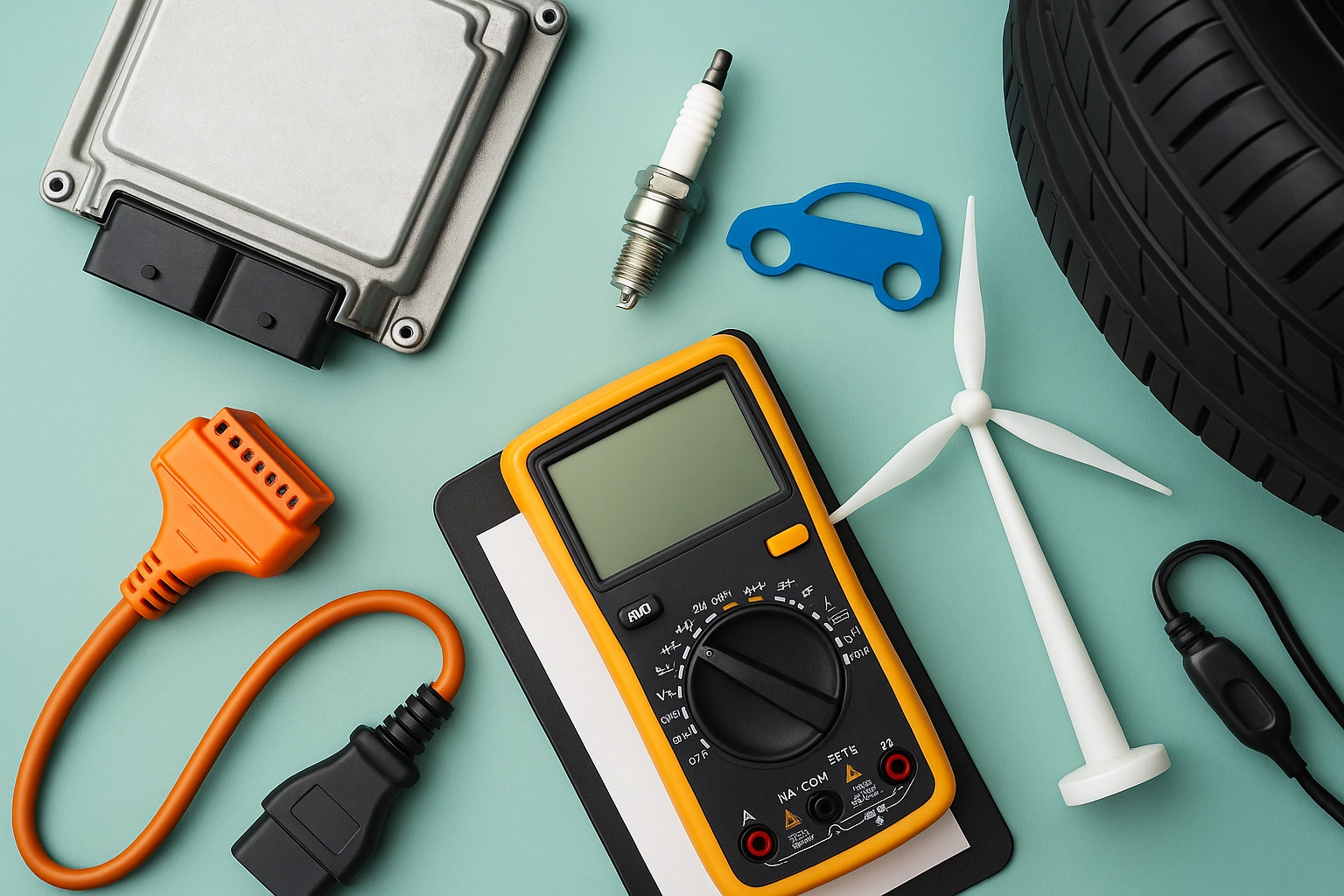IEC 62196 Charging Connector Safety Test
The IEC 62196 standard is a crucial guideline in ensuring the safety and proper function of electric vehicle (EV) charging connectors. This test evaluates the mechanical integrity, electrical performance, and overall durability of EV charging connectors used in both public and private charging infrastructures. Compliance with this standard ensures that these connectors can reliably handle high currents and voltages without compromising user safety.
The IEC 62196 series includes multiple parts covering various aspects such as the basic requirements for vehicle-to-charger (V2C) coupling, vehicle-to-grid (V2G), and vehicle-to-vehicle (V2V) communication. The charging connector test specifically targets the physical and electrical performance of the connector to ensure it can withstand the stresses of frequent use and environmental conditions.
The testing process involves several key components: mechanical durability tests like pull-out strength, vibration resistance, and impact resistance; electrical performance checks including insulation resistance measurement, contact resistance assessment, and charging efficiency evaluation; and safety feature verification, such as ground fault protection and overcurrent protection. These tests are critical in ensuring that the connector can operate safely under a wide range of conditions.
The test setup typically includes specialized equipment designed to simulate real-world scenarios encountered by EV chargers. This setup allows for accurate measurement and assessment of performance parameters. The testing process is meticulously documented, and results from these tests are used to determine compliance with IEC 62196 standards. Compliance ensures that the connector can be safely integrated into charging networks without causing hazards.
The importance of this test cannot be overstated in the rapidly evolving field of electric vehicles. As more countries adopt policies promoting EV usage, ensuring the safety and reliability of charging infrastructure becomes paramount. By adhering to IEC 62196 standards, manufacturers can demonstrate their commitment to quality and safety, thereby building trust with consumers and regulators.
Furthermore, this test is essential for R&D engineers who are developing new types of connectors or improving existing ones. It provides a framework for innovation while ensuring that all changes meet the necessary safety requirements. For compliance officers, it offers a clear path to ensure their products comply with international standards.
Applied Standards
The IEC 62196 series of standards is widely recognized for its comprehensive approach to ensuring the safety and reliability of EV charging connectors. Some key parts of this standard include:
- IEC 62196-1: Basic requirements for vehicle-to-charger (V2C) coupling.
- IEC 62196-2: Vehicle-to-grid (V2G) communication interfaces.
- IEC 62196-3: Vehicle-to-vehicle (V2V) communication.
- IEC 62196-4: Mechanical and electrical tests for charging connectors.
The mechanical durability tests in IEC 62196-4 are particularly important, as they assess the connector's ability to withstand repeated use and harsh environmental conditions. Electrical performance checks ensure that the connector can handle high currents and voltages safely, while safety feature verification ensures compliance with ground fault protection and overcurrent protection requirements.
These standards provide a robust framework for manufacturers to develop and test charging connectors. They ensure that all components meet stringent quality and safety criteria, thereby contributing to the overall reliability of electric vehicle infrastructure.
Why Choose This Test
Selecting the IEC 62196 Charging Connector Safety Test is essential for ensuring the highest level of safety and performance in EV charging systems. Here are several compelling reasons to choose this test:
- Compliance with International Standards: Ensures that your products meet global regulatory requirements, facilitating market access.
- Risk Mitigation: Identifies potential hazards early, reducing the risk of product failure and associated liabilities.
- Innovation Support: Provides a reliable benchmark for new designs, fostering continuous improvement in connector technology.
- Consumer Trust: Demonstrates commitment to quality and safety, enhancing brand reputation and customer confidence.
- Regulatory Compliance: Helps meet the stringent requirements of various regulatory bodies worldwide.
- Rapid Deployment: Ensures that products can be quickly brought to market without compromising on quality or safety.
- Long-Term Reliability: Guarantees the durability and longevity of charging connectors, reducing maintenance costs over time.
By choosing this test, manufacturers and engineers can ensure that their EV charging solutions are robust, safe, and reliable. This not only enhances product performance but also builds trust with end-users and regulatory authorities.
Use Cases and Application Examples
| Use Case | Description |
|---|---|
| Public Charging Stations | Ensuring the safety of public charging stations is critical for user confidence. Testing with IEC 62196 ensures that these stations meet all necessary standards. |
| Corporate Fleet Charging | For companies operating large fleets, compliance with this standard helps ensure the longevity and reliability of charging infrastructure. |
| Residential Charging Solutions | Testing residential chargers ensures that they meet safety and performance standards, providing peace of mind for homeowners. |
| R&D & Development | For R&D teams, this test is invaluable for developing new connector designs while ensuring they meet all necessary safety requirements. |
| Product Certification | Compliance with IEC 62196 is a prerequisite for many product certification programs, ensuring that products are safe and reliable. |
| Regulatory Compliance | Maintaining regulatory compliance through this test helps manufacturers avoid penalties and ensures smooth market entry. |





